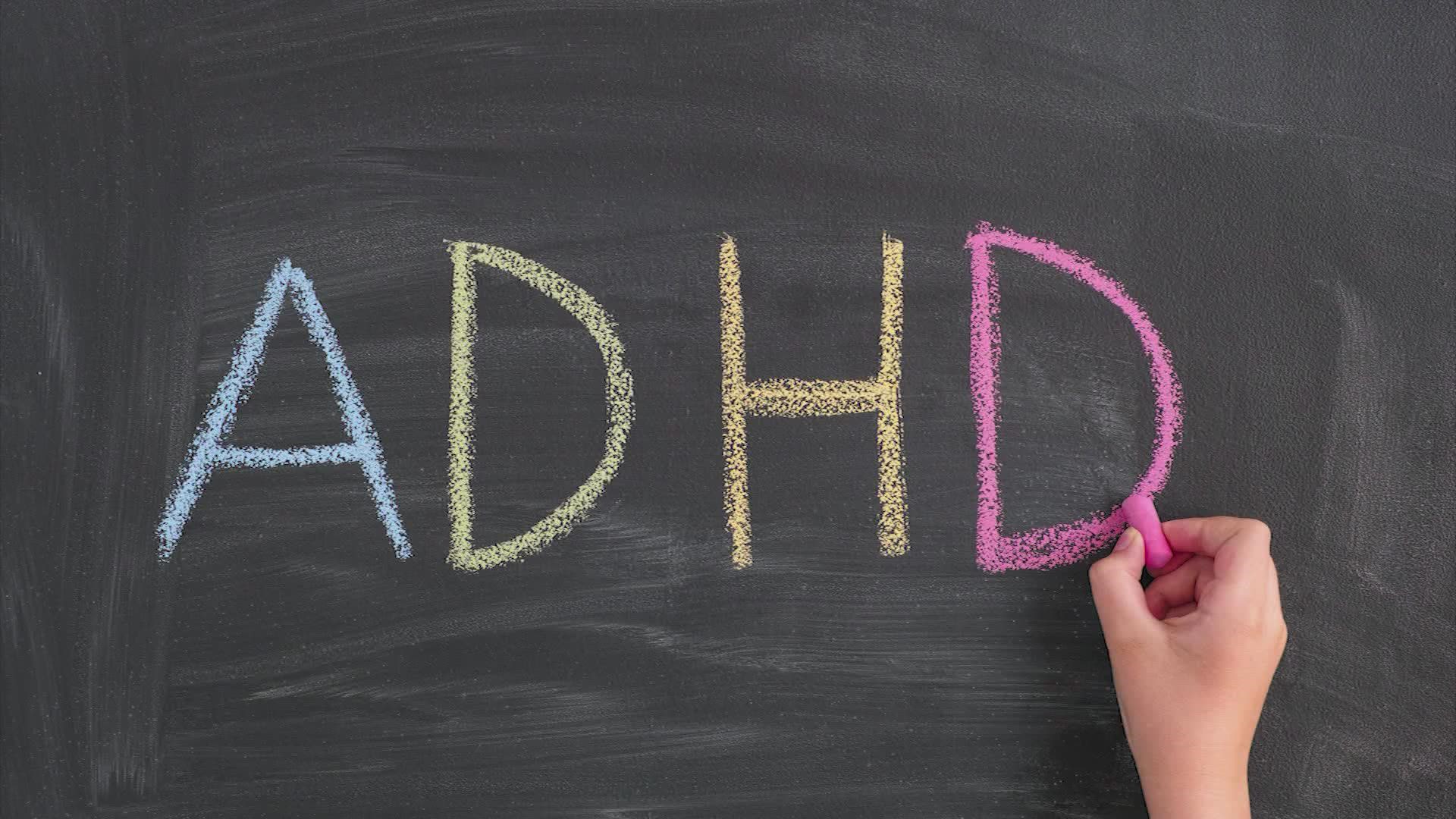HOUSTON — Attention Deficit Hyperactivity Disorder – or ADHD – is a chronic condition that affects millions of children in the United States.
But sometimes, a diagnosis doesn’t happen for a person until they are in high school, or even until adulthood.
Psychiatrist Dr. Cesar Soutullo says this is a problem.
“Most of the kids that I see in my clinic, usually wait too long to come to the clinic.”
As the director of the ADHD outpatient program with UT Physicians, Dr. Soutullo says the sooner children are diagnosed with the neurodevelopmental disorder, the sooner health professionals can help get their life on track.
According to the CDC, 5% to 8% of children in the U.S. are diagnosed with ADHD.
Signs and symptoms include hyperactivity, fidgeting, inattentiveness, and a lack of impulse control.
Children with ADHD often need constant reminders to finish tasks.
And Dr. Soutullo notes, the symptoms should be present in children both at school and at home.
But many times, girls are diagnosed later in life, because their symptoms of ADHD are often attributed to daydreaming.
“[Girls] are not fidgety, so because they don’t tend to bother anybody at school or have behavioral problems, they may go under the radar for a long time,” says Dr. Soutullo.
Dr. Soutullo says almost 75% of cases have a genetic component, but risk factors and causes in children include exposure to lead or tobacco during pregnancy or alcohol use during pregnancy.
Children who were born premature or had a low birth weight are also at a higher risk for ADHD.
Dr. Soutullo says in most cases, medication is necessary for treatment, but can be temporary – about 50% of children can stop using medication after a few years.
“The medication helps activate parts of the brain, and therapy can help with organizational skills, so once they learn how to become more effective in learning, they can often times stop medication.”

